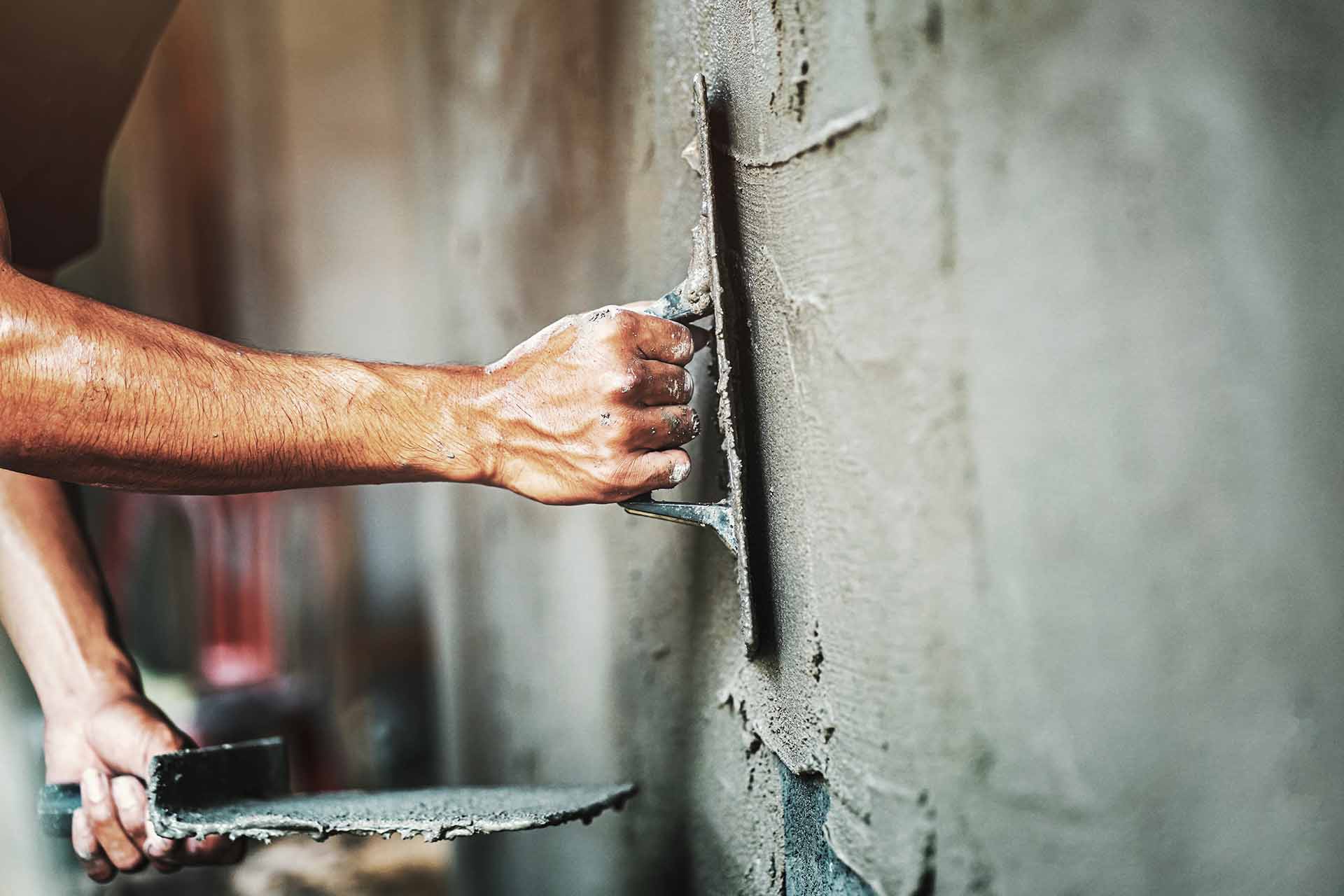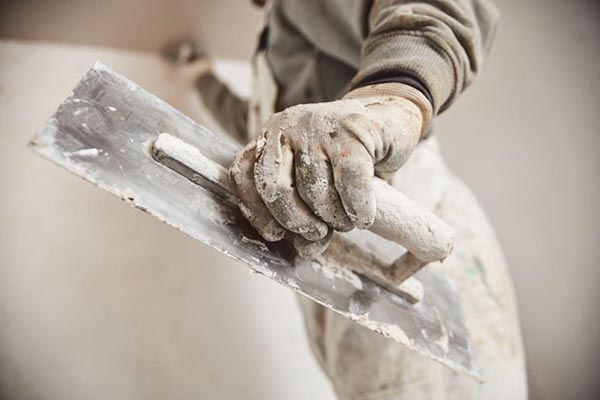What Skills Do I Need?
-
Attention to Detail
Precision in applying finishes to achieve a high-quality surface.
-
Physical Fitness
The stamina to perform physically demanding tasks and work in various postures for extended periods.
-
Technical Skills
Understanding of different materials and techniques for plastering and finishing surfaces.
-
Safety Awareness
Knowledge of safety practices, especially when working with potentially hazardous materials or at heights.




